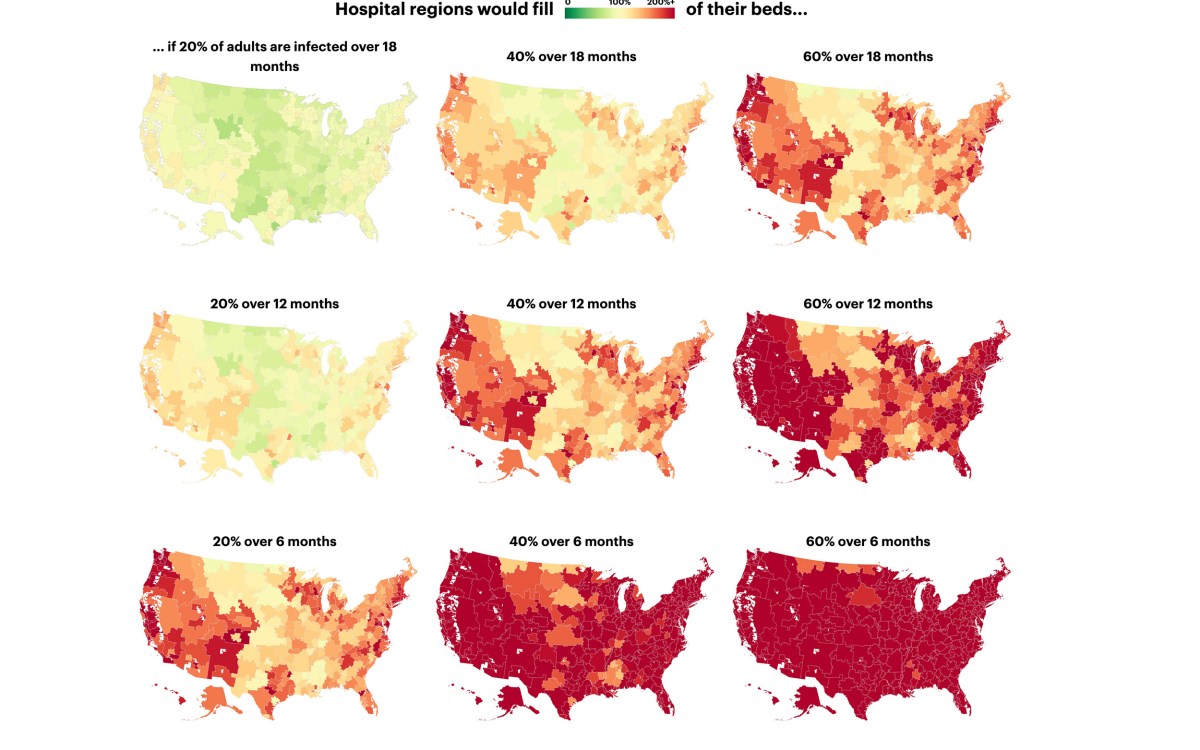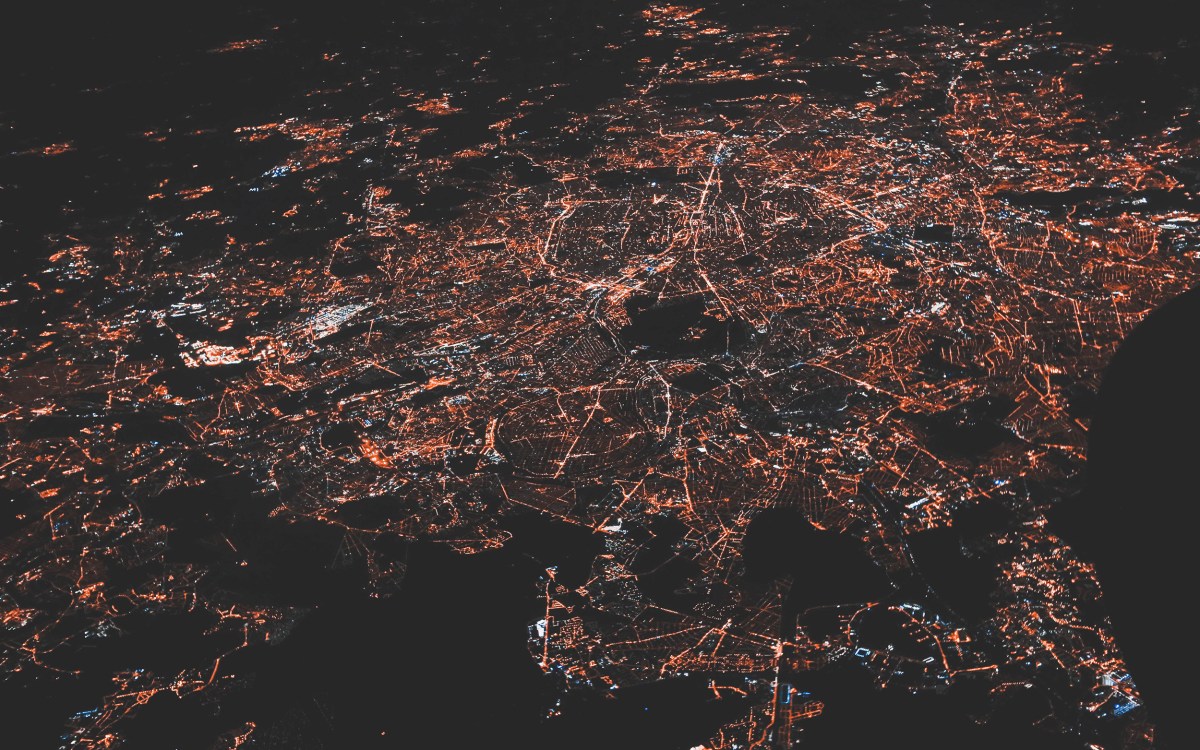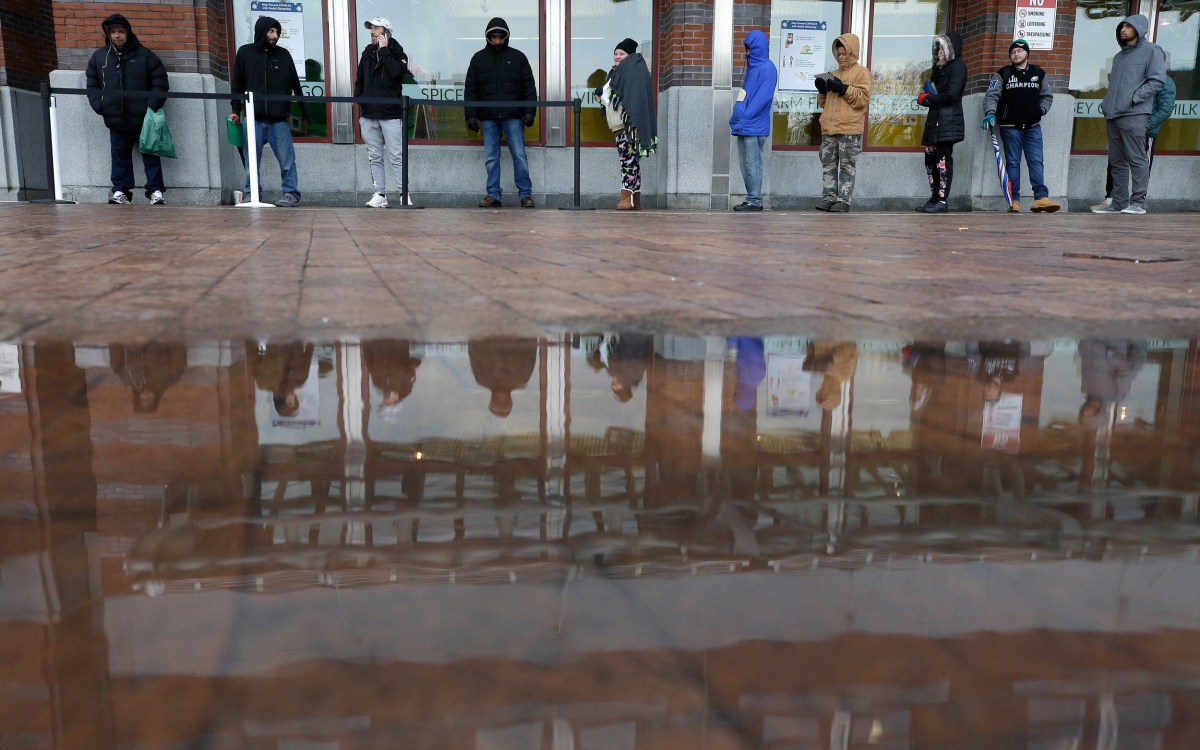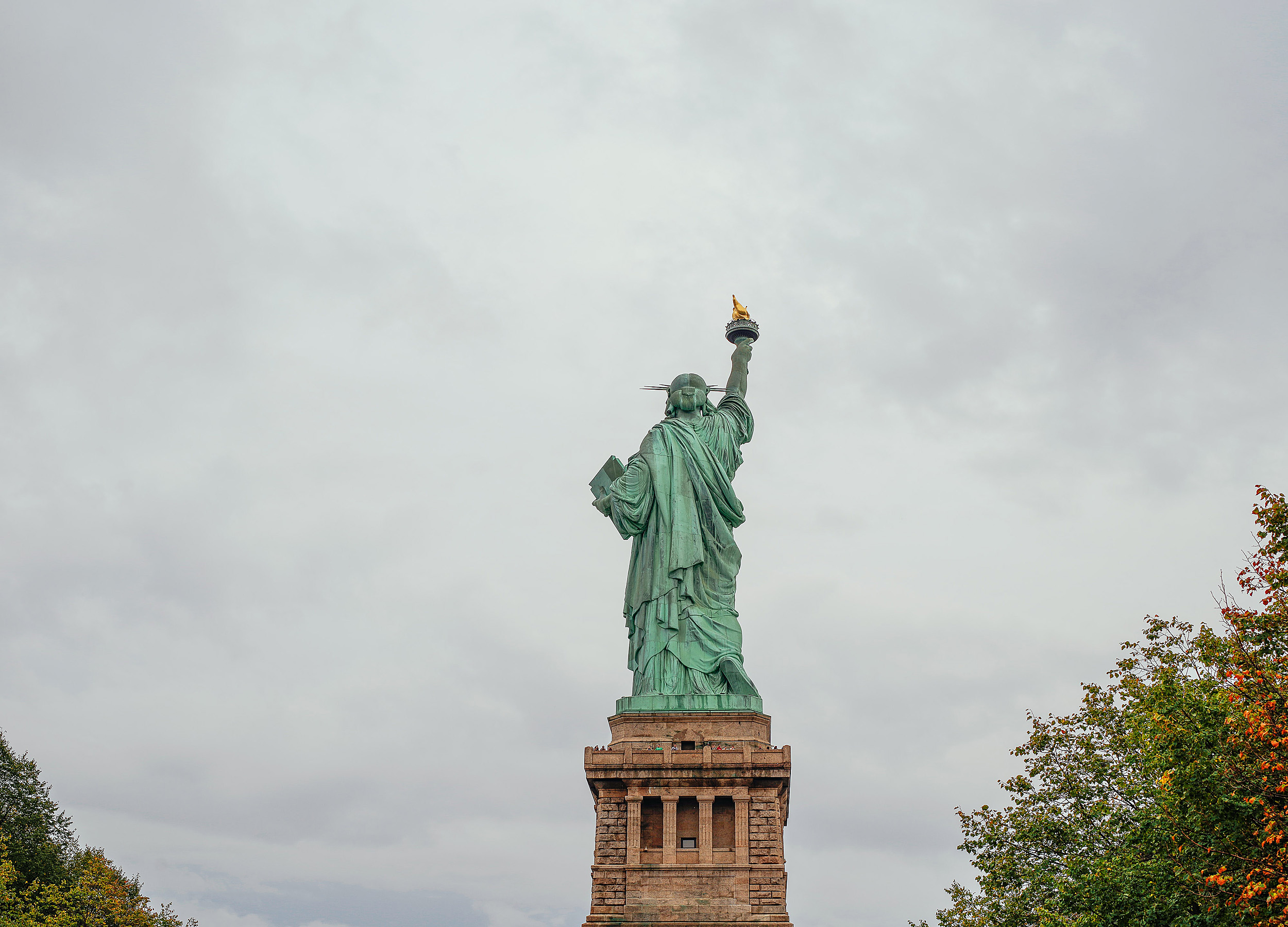
Unsplash
Restricting civil liberties amid COVID-19 pandemic
Harvard Law School faculty Charles Fried and Nancy Gertner discuss new restrictions on individual freedoms
This is part of our Coronavirus Update series in which Harvard specialists in epidemiology, infectious disease, economics, politics, and other disciplines offer insights into what the latest developments in the COVID-19 outbreak may bring.
In the past week alone, the spread of COVID-19 has caused federal and state governments to take measures that would have seemed extreme just weeks earlier: shutdowns of businesses, closing of borders, and curtailing of large gatherings. By Friday, one in five Americans had been asked by state and local officials in places like California, New York, and Illinois to stay home. Under most circumstances, this might be seen as an attack on civil liberties.
Yet there are moments in history when the normal rules don’t apply, and two of Harvard’s legal experts suggest that we are now living in such a time. While Harvard Law School faculty members Charles Fried and Nancy Gertner agree that the coronavirus situation is distressing on numerous levels, both say the restriction on individual freedom is largely appropriate for the circumstance.
Beneficial Professor of Law Charles Fried characterizes this as a “black swan event,” one without modern precedent. “Most people are worrying about restrictions on meetings — that’s freedom of association. And about being made to stay in one place, which I suppose is a restriction on liberty. But none of these liberties is absolute; they can all be abrogated for compelling grounds. And in this case the compelling ground is the public health emergency.”
A 2018 panel at Harvard Law School, including Charles Fried (left), discussed corporate spending and foreign influence in U.S. politics.
Stephanie Mitchell/Harvard file photo
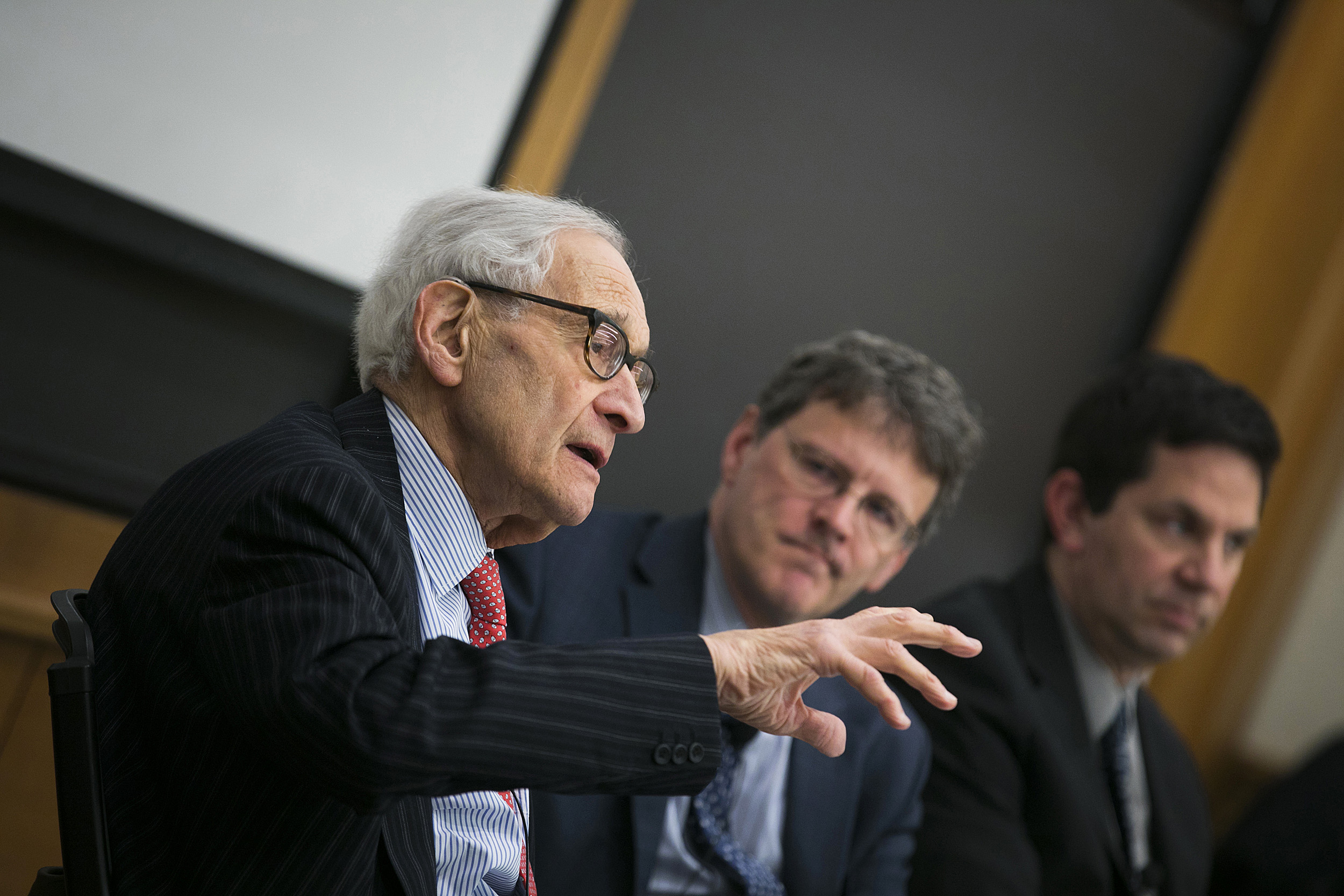
This, he says, calls for unique measures to be taken. “So much about this is unique: the extreme danger, the unpredictability, the fact that it is everywhere. Maybe the situation after 9/11 is comparable, when there were sleeper cells all over. But even that was much more focused; this is widely dispersed in all 50 states.”
He says it’s also unlikely that anyone would have a case against the government for loss of business. “I don’t think you could demand compensation, because the government didn’t put you out of business; circumstances did. And it’s not a permanent deprivation if you go out of business.”
A murkier issue, Fried says, is the place of free speech at a time when false information — such as the incorrect self-test guides being shared on social media — can be especially harmful. But any effort to police falsehoods online would be particularly hard to enforce. “It seems to me that certain information can be dangerously false — say, if someone is told on social media that they are not allowed to go to an emergency room when they are. But what exactly can you do about that? You could direct Facebook to scan for things like that, but it’s hard to see where you could effectively target the maker of the false statement itself. There would have to be some kind of statute, and it’s hard to see what that statute would look like. To me, the liberties of getting where you want to go are less concerning than the potential for disinformation and rumor-mongering.”
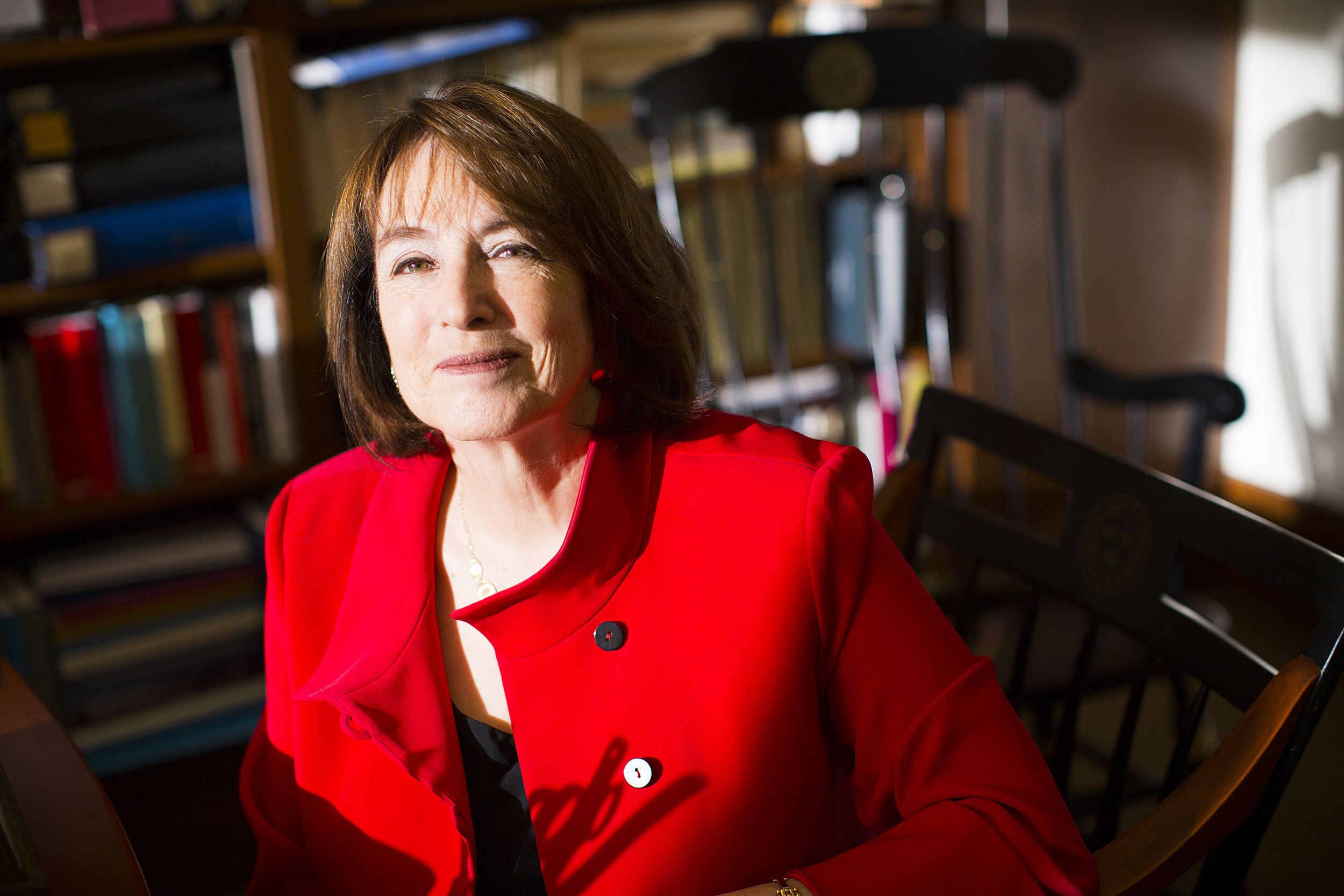
Nancy Gertner is a senior lecturer on law and a retired federal judge.
Stephanie Mitchell/Harvard file photo
Gertner says that the types of surveillance measures lately used in South Korea might even be feasible here, if somewhat less likely. “The issue is whether the measures are proportionate with the purpose. Since this is a public health emergency, we’re not dealing with the usual rules and regulations.”
What the government probably can’t do, she says, is target individuals — through tapping of phones, for instance — or target one business over a similar one for shutdown. Otherwise, the common good will outweigh individual freedoms. “Once there is a declaration of emergency, what the government can do depends on the scope of the emergency. There is a concept of a government going too far, but it’s hard to imagine what that would be in this situation.”
As a self-defined optimist, Gertner adds that restrictions could ease once widespread testing for the virus becomes available. “That’s one thing I don’t see anybody making clear right now — that once we ramp up testing to see who’s got the antibodies, then you can dovetail the precautions according to who’s vulnerable. If you’ve got no idea, you quarantine everybody. But it you can test widely you can also titrate the response.”



